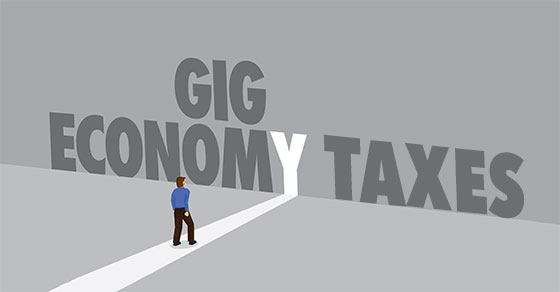
In recent years, many workers have become engaged in the “gig” economy. You may think of gig workers as those who deliver take-out restaurant meals, walk dogs and drive for ride-hailing services. But so-called gig work seems to be expanding. Today, some nurses have become gig workers and writers in Hollywood who recently went on strike have expressed concerns that screenwriting is becoming part of the gig economy.









